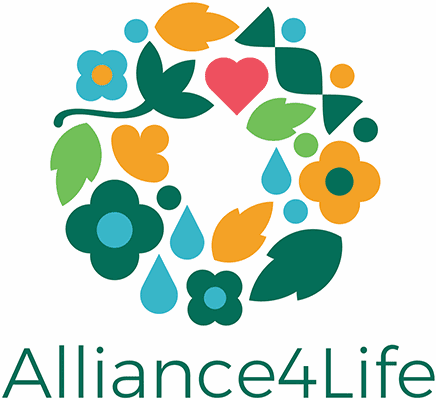
Level Up Your Research Career with MSCA Fellowships – And Why Lithuania Might Be the Smartest Move You Make

If you’re a young scientist with a PhD in hand, big ideas in your head, and an urge to explore new academic landscapes, the Marie Skłodowska-Curie Postdoctoral Fellowships (MSCA PF) offer one of the best career-building opportunities out there. Funded by the EU, this fellowship allows researchers to develop their own projects with full financial support, while gaining international experience, boosting their visibility, and shaping the next step in their research path.
And if you’re looking for a host institution that blends strong academic support with a vibrant, affordable, and welcoming environment, Lithuania—and especially [http://Vilnius University]Vilnius University—should be at the top of your list.
Why Lithuania?
Lithuania is one of Europe’s most dynamic and fast-growing research and innovation ecosystems. It’s known for its high standard of living, strong digital infrastructure, and excellent balance between work and quality of life. With its safe cities, high English proficiency, creative communities, and a growing startup and science scene, it’s no wonder more and more international researchers are choosing Lithuania as their base.
Its capital, Vilnius, offers a unique mix of baroque beauty and modern energy. Here, centuries-old university buildings sit next to co-working spaces and buzzing cafés filled with researchers, designers, and entrepreneurs. It’s compact, walkable, and alive with art, music, and innovation—a place where tradition meets the future.
And why Vilnius University?
Founded in 1579, Vilnius University (VU) is one of the oldest and most respected research institutions in the region. But don’t let the history fool you—VU is as forward-looking as they come. It’s home to strong interdisciplinary research teams, cutting-edge infrastructure, and a growing number of international research projects. The university is deeply committed to supporting young scientists, especially those coming from abroad, and has built a strong internal support system to help researchers succeed—whether that’s with proposal writing, networking, or career development.
What makes VU truly stand out is its people—engaged supervisors, collaborative teams, and a support office that truly cares. The Research Projects Office is known for helping fellows every step of the way, from checking eligibility to helping you polish your proposal to match MSCA’s high standards. And once you're there, you'll be part of a research community that’s both ambitious and welcoming.
What’s the MSCA PF all about?
The MSCA Postdoctoral Fellowships are designed for researchers who want to lead their own projects, gain new skills, and move between countries and sectors. The 2025 call opens on 8 May, with applications due by 10 September. You can apply for two types of fellowships:
- European Postdoctoral Fellowships for researchers of any nationality who want to work in a European country (like Lithuania) for 1–2 years.
- Global Postdoctoral Fellowships for EU nationals or long-term residents who want to work outside of Europe for up to two years and then return to Europe for a one-year reintegration period.
The funding covers salary, research costs, travel, and family allowances—everything you need to focus on your work and your development. It’s competitive, yes, but also incredibly rewarding: many past fellows have moved on to secure permanent academic positions or lead their own labs.
Didn’t get MSCA PF? There’s still hope—with ERA Fellowships
Here’s where it gets even better. If you apply for a European Postdoctoral Fellowship and choose Vilnius University (or any Alliance4Life member institution), and your proposal passes the MSCA quality threshold but doesn’t make the funding cut, you’ll automatically be considered for an ERA Fellowship.
What does this mean in practice? It means a second chance—without having to reapply. ERA Fellowships offer the same funding, prestige, and benefits as MSCA PFs, but are specifically aimed at boosting research excellence in countries that haven’t historically received as much EU funding. It’s a win-win: you continue your research journey with the full support of the EU, and you contribute to strengthening science in your region.
So, if you’re from Central or Eastern Europe and want to stay connected to your region while playing in the global research arena, this is a smart, strategic move.
What to do next?
If you’re a postdoc with up to 8 years of research experience and a project idea you believe in, now is the time to act. Start by reaching out to a potential supervisor at Vilnius University and get in touch with their Research Projects Office. They’ll help you prepare a competitive proposal and guide you through the entire application process.
The deadline is 10 September 2025, but the earlier you start, the better your chances. Use the next few months to refine your idea, find the right team, and give yourself the best shot at one of the most respected fellowships in Europe.
💡 Alliance4Life tip: Share this with your lab mates, research group, or international collaborators. Whether you’re planning to apply yourself or know someone who should, this is a chance to build stronger research networks within our region—and bring world-class science home.



